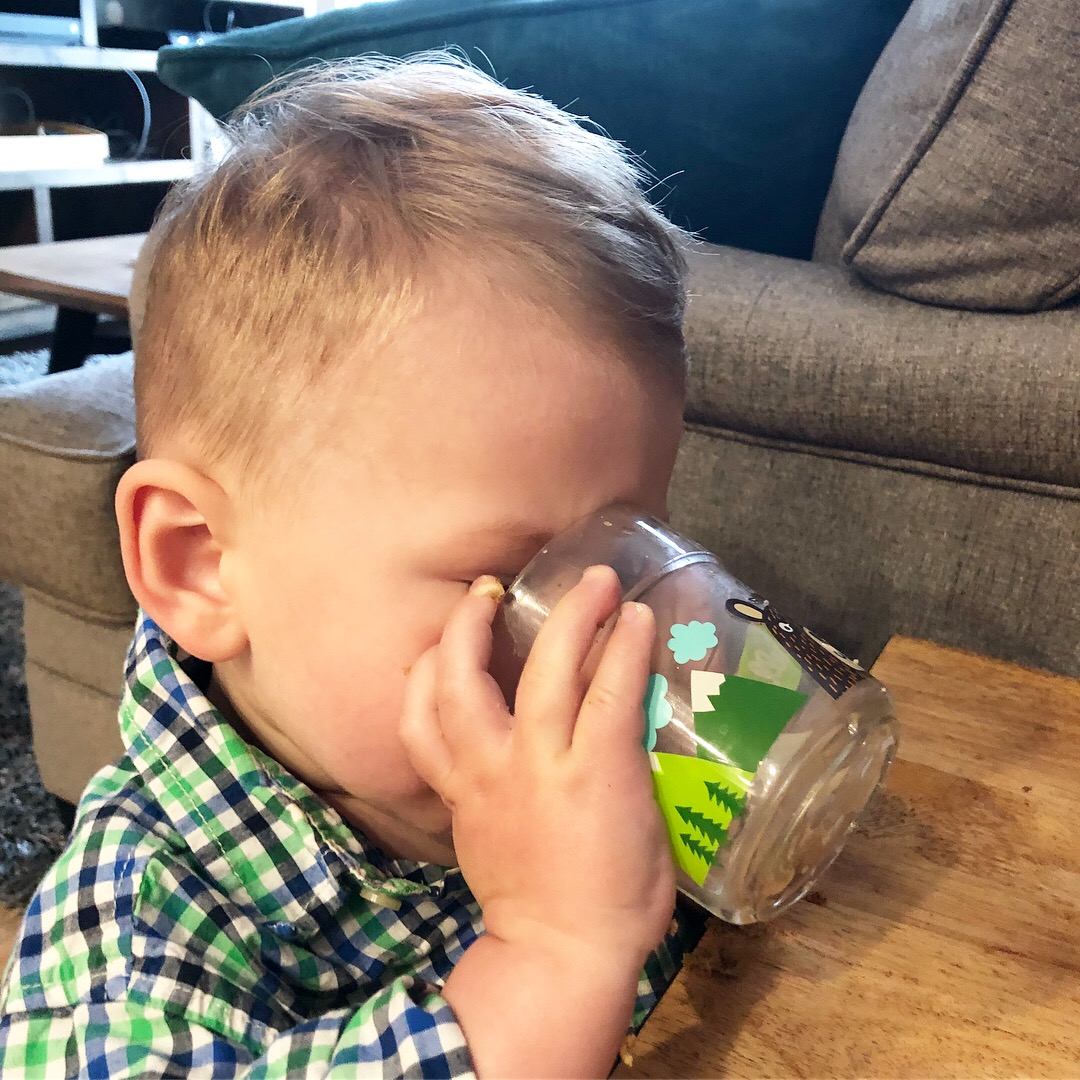When we think about the kinds of attributes we would like our children to possess in adulthood, ‘independence’ is probably close to the top of the list. However, the road to independence is paved with meltdowns, mess, and mundane routines that sometimes require incredible amounts of effort for slow pay off. If you take nothing else from this blog post, take this: Practical life skills matter.
In some ways, these skills are even more important than academics, because they’re the flip side of the coin when it comes to raising a child who is able to be gainfully employed, and flourish in reciprocal relationships. Here are some tips for encouraging practical life skills with your children:
Start Young
One of the first life skills you can teach a baby is the value of their own company. When we’re shaking rattles in their faces, or surrounding babies with overstimulating environments, there’s no surprise that the need for constant entertainment is pervasive throughout the toddler years and beyond. Give babies time to themselves, and they’ll develop independent play habits that will feed their development in the years to come.
Have High Expectations
You know your own child, so you can see what they’re ready to do for themselves, even (especially!) if they would prefer you do it for them. Rather than focusing on age-appropriate expectations, follow their developmental readiness. Eating with a fork, putting on their own shoes, packing the dishwasher, feeding the dog, vacuuming the carpet, packing their own lunch, making dinner, walking to the shops by themselves, driving a car – all of these things open up with the age and stage of the baby, child, or teenager. Stop doing things for your kids that they can do for themselves, because ultimately your kindness can become their weakness.
Pave the Way to Adulthood
Think about your child’s future spouse and/or boss, and consider the kind of person you’re raising right now. Do your children know how to wake up at a certain time without a parent’s help? Do they know how to make food and clean up after themselves? Do they use creative ways to solve problems when specific resources may not be available? Do they have a sense of the source and value of money? Employment and long-term relationships may seem super far away, but you can give your child a helping hand (ironically) by not helping them so much. Think of your job as a scaffold – you provide a platform, but it’s their job to climb. It’s important to do things with your kids, instead of doing things for them.
It can be hard to see the connections between getting a toddler to take their plate to the sink after a meal and their eventual ability to file taxes. However, the most gentle and gradual way to see your kids become increasingly independent is to let go of them a little more every day, knowing that your job is to guide, and theirs is to grow.

